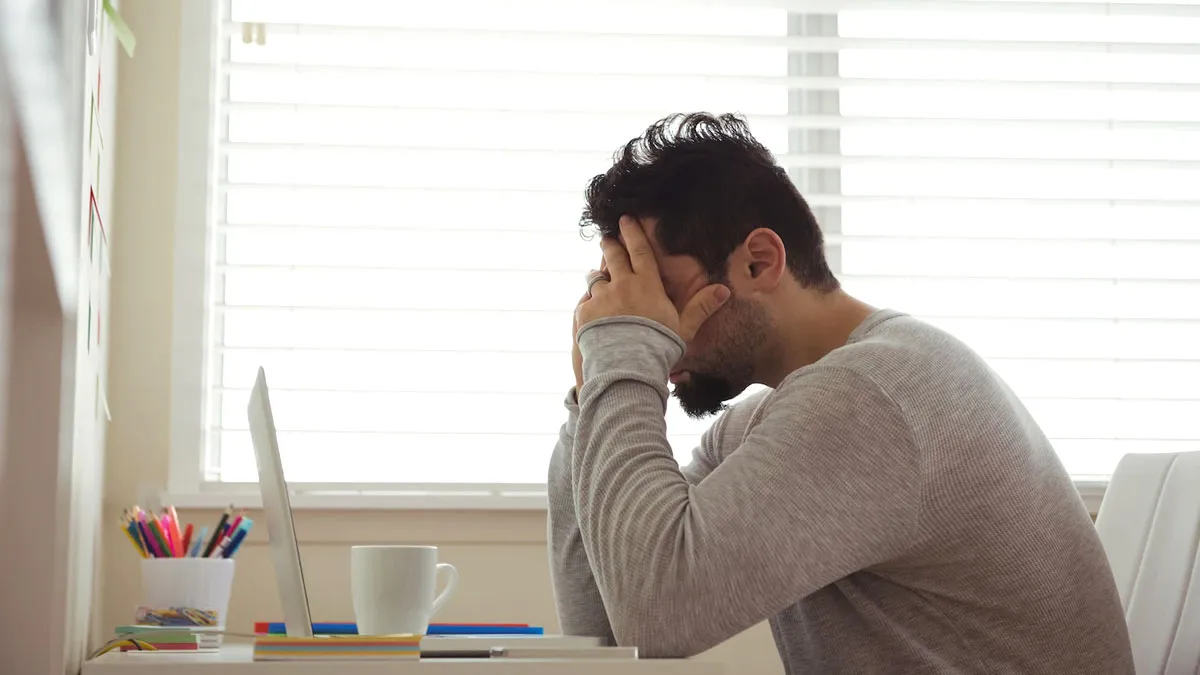
With the rapid pace of life in the modern world, stress, anxiety, and depression are rapidly on the rise. It's estimated that more than 300 million people worldwide are affected by depression, and anxiety disorders are equally widespread. Although therapy, medication, and mindfulness are the most prescribed and recommended options, there is a much greater, though commonly underappreciated, resource to care for mental well-being: exercise.
Table of Content:-
CHECK YOUR
MENTAL HEALTH

But can exercising your body actually calm a restless brain? In an exclsuive interaction with the editorial team of Onlymyhealth, Akshit Kahtri, Sports officer, Sharda University - Noida, explaine that the answer is a definite yes and science supports it, too. Read ahead to know everything he shared with us.
How Exercise Affects Mental Health
When you exercise, your body doesn't just become stronger, your brain does too. Exercise causes a variety of physiological and chemical responses that can boost your mood, lower tension, and enhance a sense of well-being. Here's why:
1. Boosts Feel-Good Chemicals
Exercise provokes the release of endorphins, commonly referred to as the "feel-good" hormones. It also raises levels of serotonin, dopamine, and norepinephrine, neurotransmitters that are central in regulating mood. This chemical mixture naturally combats symptoms of depression and anxiety.
Also Read: What Is Chronic Venous Insufficiency? Causes, Symptoms And Treatment

2. Reduces Stress Hormones
Exercise reduces cortisol levels, the body's main stress hormone. This results in a more peaceful mind and improved emotional toughness.
3. Improves Sleep
Individuals with anxiety or depression commonly have sleep disturbances. Physical exercise has been found to enhance both the quality and length of sleep and, in this way, regulate mood.
4. Brain Health Improvement
Exercise boosts blood flow to the brain and encourages brain cells to grow, particularly in brain regions involved with memory and emotion, such as the hippocampus. This might decrease the risk and severity of mental illness.
What Types of Exercise Help?
The good news is, you don't have to turn into a marathon runner or gym enthusiast to benefit mentally from exercise. Various types of physical activity can work:
- Aerobic Exercises: Brisk walking, jogging, cycling, or swimming for a minimum of 30 minutes per day has been proven to drastically lessen symptoms of depression and anxiety.
- Yoga and Mindful Movement: Yoga pairs slow movement with breathing and meditation, easing stress and quieting the mind.
- Strength Training: Weight lifting or bodyweight exercise can also boost mood and reduce symptoms of depression.
- Dancing or Group Classes: Social exercise activities incorporate a sense of community, which can be particularly beneficial for fighting isolation and increasing motivation.

How Much Exercise Is Enough?
Experts recommend at least 150 minutes of moderate-intensity exercise per week, or about 30 minutes a day, five days a week, for overall health. But even short bursts of activity, as little as 10 to 15 minutes, can have immediate mood-boosting effects.
"If you’re new to exercise or dealing with severe depression, start slow. Even a daily walk in the park or light stretching can make a difference," Khatri added.
Emotional Bonus And Sense of Control
One of the most challenging aspects of anxiety and depression is the feeling of helplessness. Exercise offers a sense of control over your body and mind, creating a positive feedback loop. Every completed workout is a small personal victory, reinforcing confidence and resilience.
Bottomline
Though exercise is not a substitute for professional mental health care, it can be a strong addition to your self-care arsenal. Therapy, medication, and lifestyle modification, including exercise, are most effective when used in combination.
If you are having trouble, call your doctor or a mental health practitioner before adopting a new exercise routine, particularly if you have pre-existing medical issues. But with doctor's orders, getting your body in motion might just get your mind in gear.
Also watch this video
How we keep this article up to date:
We work with experts and keep a close eye on the latest in health and wellness. Whenever there is a new research or helpful information, we update our articles with accurate and useful advice.
Current Version